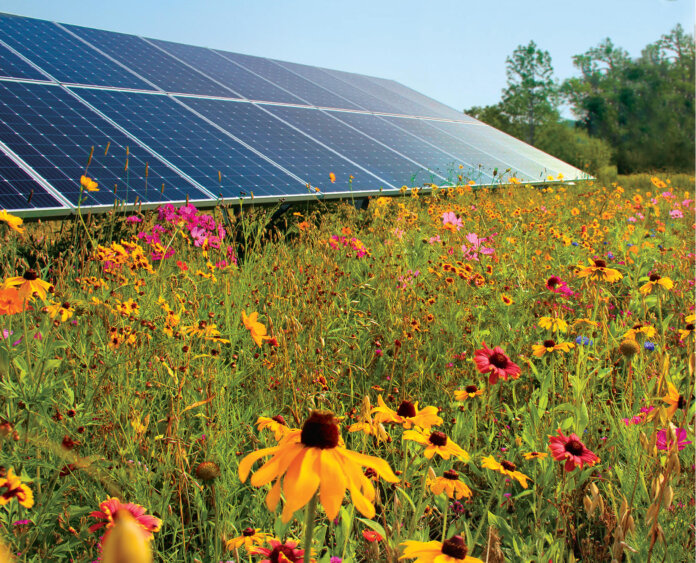ENGIE North America is collaborating with Microsoft on the development of two community solar projects in Illinois that will serve historically excluded communities and significantly reduce their electricity costs.
ENGIE will develop, construct and operate two new community solar gardens, one in Lena, west of Rockford, and a second in downstate Illinois. Together, the projects are expected to have a capacity of 4.75 MW, enough to meet the annual electricity needs of more than 1,000 average Illinois households.
ENGIE and Microsoft will work with community solar provider Solstice, which engages directly with residents, businesses and community organizations to enroll and manage community solar customers with local community gardens.
Community solar enables households, small businesses and other organizations to benefit from renewable electricity without the need to install their own panels by effectively sharing local, centralized installations. Solstice’s partnership and community organizing model help provide access to renewables for the estimated 77% of Americans who do not have space or the financial means to install rooftop systems.
Traditional approaches to financing have limited the ability of many to install roof-top solar. Solstice has pioneered EnergyScore, a machine learning algorithm to qualify individuals more inclusively and accurately for green products.
Customers who subscribe to the solar garden program will not only be supporting the transition to a lower carbon future but will also benefit from reduced electricity costs. Because of Microsoft’s involvement in financing the development, customers subscribed to these two solar gardens can expect to see even greater savings than from the current Illinois Shines community solar program. Once fully subscribed, the two solar gardens could save Illinois subscribers around $450,000 in total, with some subscribers benefiting from up to 60% savings through participation.
Power from the solar gardens is fed into the local grid and credited to customers through their existing utility bills with ComEd and Ameren. This new project model provides renewable volume above-and-beyond existing state programs. ENGIE is hopeful that in the future similar projects will bring economic benefit to under-resourced communities in Illinois while accelerating the state’s energy transition goals.
Construction of the two projects both in rural counties, will be led by ENGIE’s Chicago based team and is expected to commence later this year.




